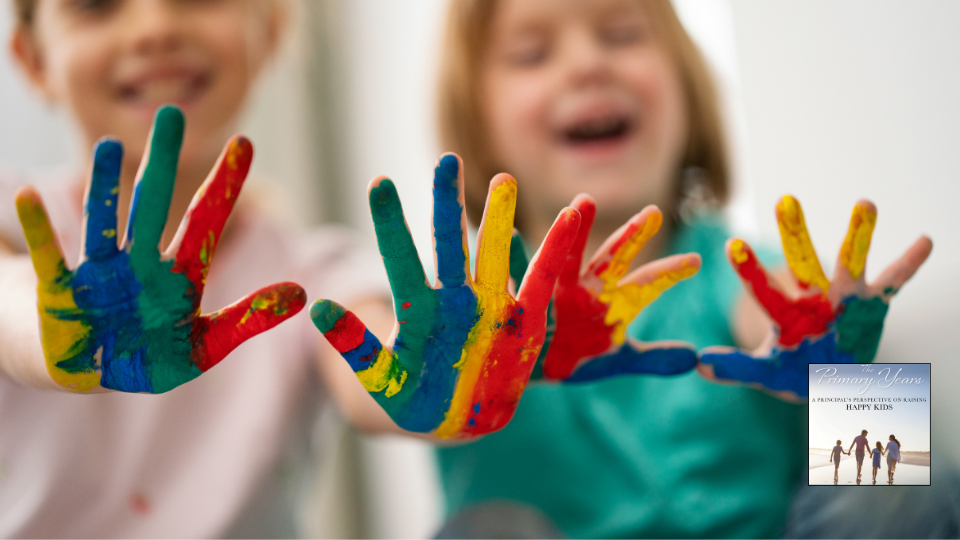Australia Day… how does it all look for our children? →
There is no escaping the growing anxiety that Australia day presents for some in our community. The question is how do we help our children understand the varying opinions and how do we help them process the concern that is raised every year.
Firstly, consider that as a parent your opinion and interpretation of Australia Day will naturally influence or filter through to your child. There is nothing wrong with this as we are significant models of all our values and beliefs during their childhood. What is helpful is to support the child’s awareness of the controversy in a range of ways so that they come to understand that different opinions have value and should be respected and considered.
They are more inclined to respect your opinion as they grow older if you present it fairly, unemotionally and with respect to the other side of the debate. This is what they will remember when they come to debate important issues later in life.
It is well regarded that more conversation and listening to the other party can lead to your changing your opinion, compromising your opinion or simply being doubly certain about your opinion. Whatever direction you take, engaging in healthy debate is what you are teaching your child.
Initially, I would recommend talking to them about the celebration as an historical arrangement that celebrated the landing of the first fleet in Sydney. This is worthy of discussion and can bring up many questions about how it came to be. It would be also timely at this point to mention that the indigenous people felt invaded and have been upset that we celebrate such a day each year on 26th January.
Of course consider the age of the child to determine the depth of conversation.
Start a conversation about how the values of both parties are conflicted and we are now as a society debating where to go next with this controversial issue.
It could be a great family discussion to have especially with older children as they will have ideas and developing values that should be heard.
Listen carefully to their thoughts, if you have solid information to give them, do it but try not to include too much personal opinion. Allow them to come up with ideas that could be positive for the future. Remember you are developing their awareness of being citizens with valid opinions.
Always provide accurate information when discussing the debate. Keep emotion out of the discussion and affirm their thoughts as they begin to look at it from their developing perspective.
“It seems to me that you are thinking about how the aboriginals felt and also see the arrival of the ship as the beginning of a new era. Well done.”
Their understandings and beliefs will of course wax and wane as they grow and their knowledge of the debate will continue to evolve as they gather more information.
What you are doing is supporting their right to be part of a conversation that is very much a national matter and one that will continue to be raised over the coming years. Their encouragement to be part of the debate also gives them some ownership of what will be an important issue as they become adults.
